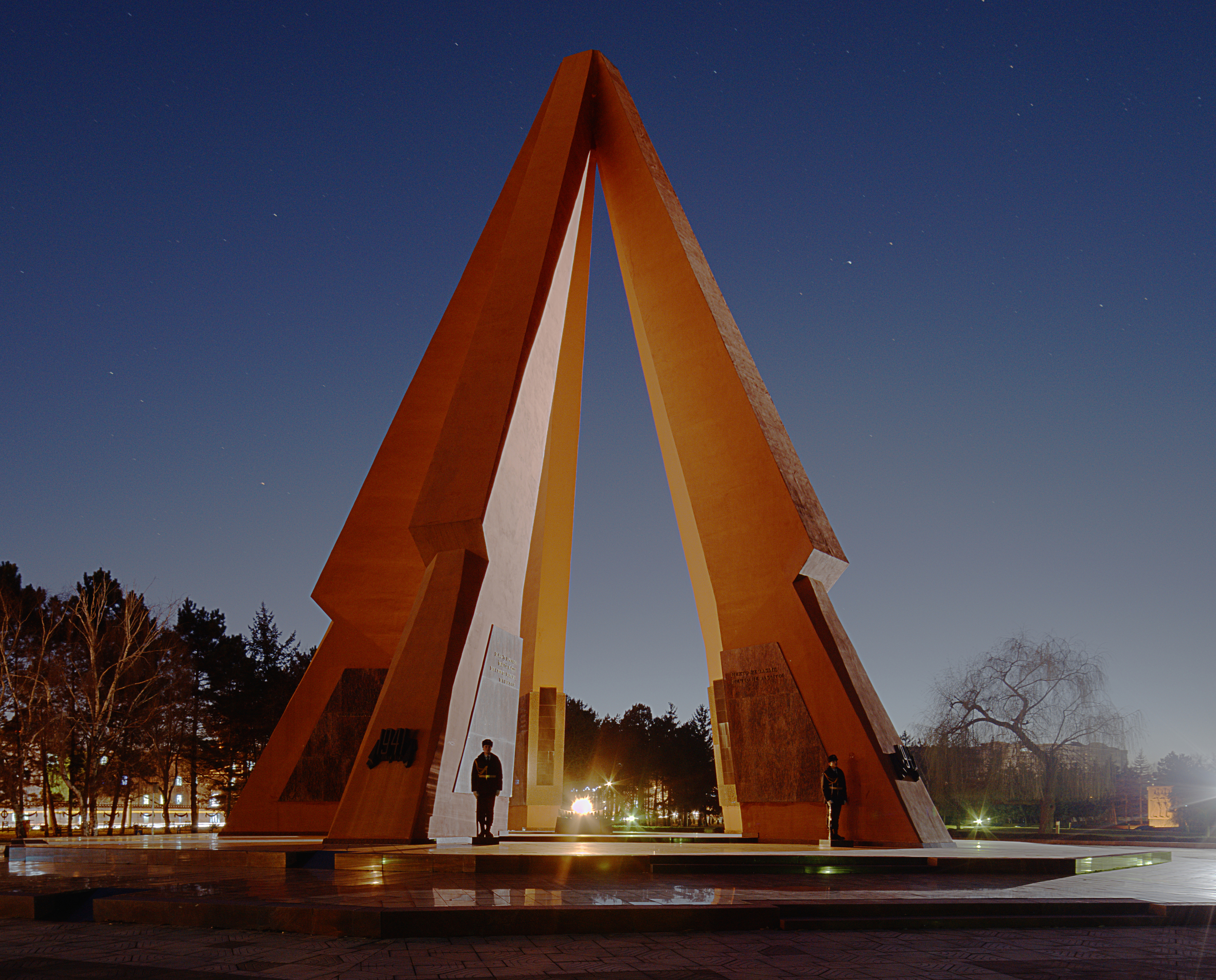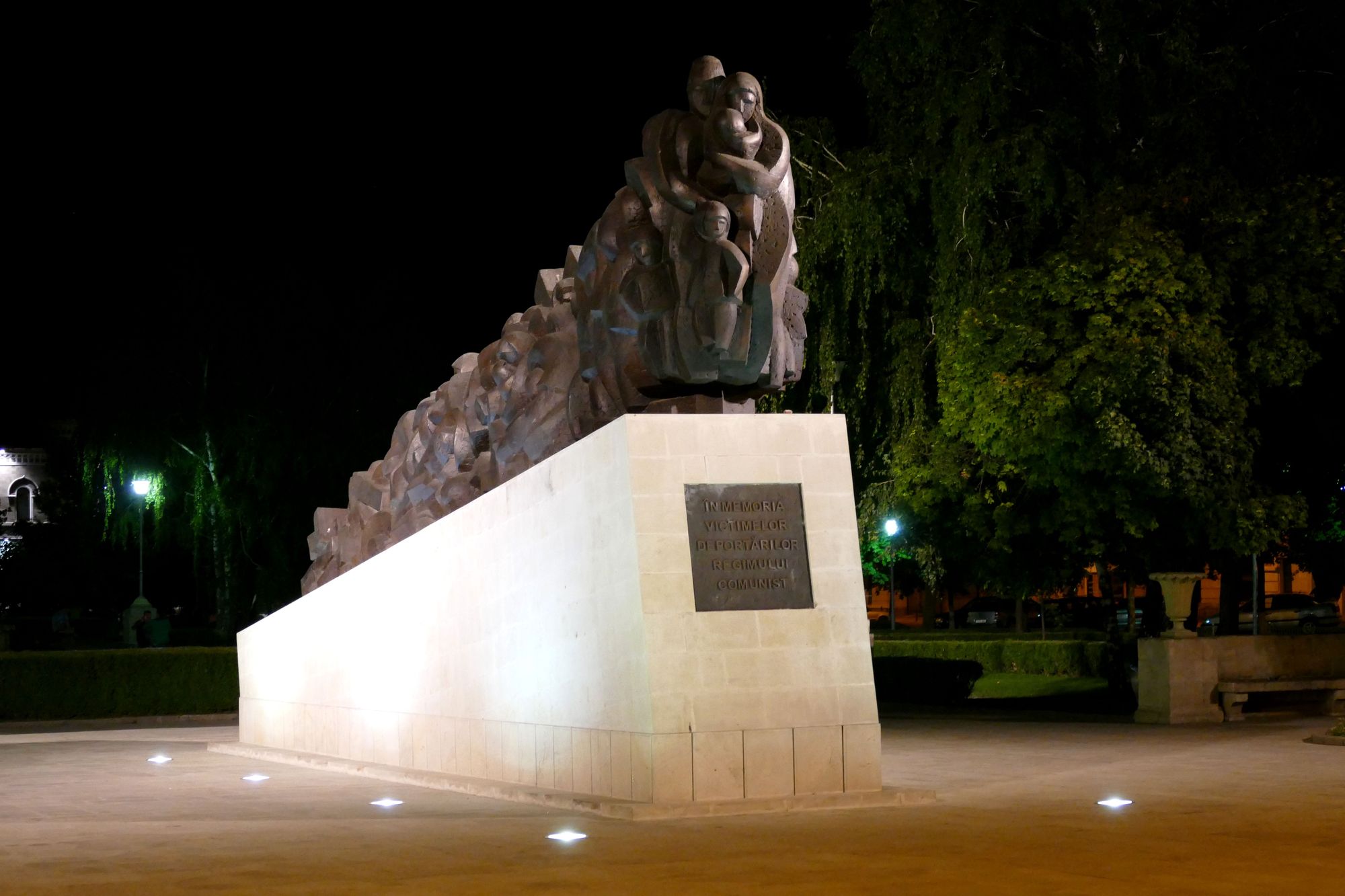|
Sîngera
Sîngera () is a town in Chișinău municipality, Moldova. In addition, two villages are administered by the town, ''Dobrogea'' and ''Revaca''. At the 2004 Moldovan Census, the population of the town itself was 7,354, that of ''Dobrogea'', 3,279, and ''Revaca'', 976. The total population was 11,609. At this point in Singera functioning church in honor of the Holy Righteous Joachim and Anna. International relations Twin towns — Sister cities Sîngera is twinned with: * Huși, Romania Romania is a country located at the crossroads of Central Europe, Central, Eastern Europe, Eastern and Southeast Europe. It borders Ukraine to the north and east, Hungary to the west, Serbia to the southwest, Bulgaria to the south, Moldova to ... References {{DEFAULTSORT:Singera Cities and towns in Chișinău Municipality Cities and towns in Moldova ... [...More Info...] [...Related Items...] OR: [Wikipedia] [Google] [Baidu] |
Chișinău
Chișinău ( , , ; formerly known as Kishinev) is the Capital city, capital and List of cities and towns in Moldova, largest city of Moldova. The city is Moldova's main industrial and commercial centre, and is located in the middle of the country, on the river Bîc, a tributary of the Dniester. According to the results of the 2014 Moldovan census, 2014 census, the city proper had a population of 532,513, while the population of the Municipality of Chișinău (which includes the city itself and other nearby communities) was 700,000. Chișinău is the most economically prosperous locality in Moldova and its largest transportation hub. Nearly a third of Moldova's population lives in the metro area. Moldova has a Moldovan wine, history of winemaking dating back to at least 3,000 BCE. As the capital city, Chișinău hosts the yearly national wine festival every October. Though the city's buildings were badly damaged during the World War II, Second World War and earthquakes, a rich a ... [...More Info...] [...Related Items...] OR: [Wikipedia] [Google] [Baidu] |
Chișinău Municipality
Chișinău ( , , ; formerly known as Kishinev) is the capital and largest city of Moldova. The city is Moldova's main industrial and commercial centre, and is located in the middle of the country, on the river Bîc, a tributary of the Dniester. According to the results of the 2014 census, the city proper had a population of 532,513, while the population of the Municipality of Chișinău (which includes the city itself and other nearby communities) was 700,000. Chișinău is the most economically prosperous locality in Moldova and its largest transportation hub. Nearly a third of Moldova's population lives in the metro area. Moldova has a history of winemaking dating back to at least 3,000 BCE. As the capital city, Chișinău hosts the yearly national wine festival every October. Though the city's buildings were badly damaged during the Second World War and earthquakes, a rich architectural heritage remains. In addition, it has numerous buildings designed in the postwar Socia ... [...More Info...] [...Related Items...] OR: [Wikipedia] [Google] [Baidu] |
Moldova
Moldova, officially the Republic of Moldova, is a Landlocked country, landlocked country in Eastern Europe, with an area of and population of 2.42 million. Moldova is bordered by Romania to the west and Ukraine to the north, east, and south. The List of states with limited recognition, unrecognised breakaway state of Transnistria lies across the Dniester river on the country's eastern border with Ukraine. Moldova is a Unitary state, unitary Parliamentary system, parliamentary Representative democracy, representative democratic republic with its capital in Chișinău, the country's largest city and main cultural and commercial centre. Most of Moldovan territory was a part of the Principality of Moldavia from the 14th century until 1812, when it was Treaty of Bucharest (1812), ceded to the Russian Empire by the Ottoman Empire (to which Moldavia was a Vassal and tributary states of the Ottoman Empire, vassal state) and became known as Bessarabia. In 1856, southern Bessarabia was ... [...More Info...] [...Related Items...] OR: [Wikipedia] [Google] [Baidu] |
National Bureau Of Statistics Of The Republic Of Moldova
The National Bureau of Statistics of the Republic of Moldova (NBS; , abbr. BNS) is the central administrative authority which, as the central statistical body, manages and coordinates the activity in the field of statistics from the country. In its activity, NBS acts according to the Constitution of the Republic of Moldova, the Law on official statistics, other legislative acts, Parliament decisions, decrees of the President of the Republic of Moldova, ordinances, decisions and Government orders, international treaties of which the Republic of Moldova is part of. The NBS elaborates independently or in collaboration with other central administrative bodies and approves the methodologies of statistical and calculation surveys of statistical indicators, in accordance with international standards, especially those of the European Union, and with the advanced practice of other countries, as well as taking into account the peculiarities of the socio-economic conditions of the Republic ... [...More Info...] [...Related Items...] OR: [Wikipedia] [Google] [Baidu] |
Eastern European Time
Eastern European Time (EET) is one of the names of UTC+02:00 time zone, 2 hours ahead of Coordinated Universal Time. The zone uses daylight saving time, so that it uses UTC+03:00 during the summer. A number of African countries use UTC+02:00 all year long, where it is called Central Africa Time (CAT), although Egypt and Libya also use the term ''Eastern European Time''. The most populous city in the Eastern European Time zone is Cairo, with the most populous EET city in Europe being Kyiv. Usage The following countries, parts of countries, and territories use Eastern European Time all year round: * Kaliningrad Oblast (Russia), since 26 October 2014; also used EET in the years 1945 and 1991–2011. See also Kaliningrad Time. * Libya, since 27 October 2013; switched from Central European Time, which was used in 2012. Used year-round EET from 1980 to 1981, 1990–1996 and 1998–2012. The following countries, parts of countries, and territories use Eastern European ... [...More Info...] [...Related Items...] OR: [Wikipedia] [Google] [Baidu] |
Eastern European Summer Time
Eastern European Summer Time (EEST) is one of the names of the UTC+03:00 time zone, which is 3 hours ahead of Coordinated Universal Time. It is used as a summer daylight saving time in some European and Middle Eastern countries, which makes it the same as Arabia Standard Time, East Africa Time, and Moscow Time. During the winter periods, Eastern European Time ( UTC+02:00) is used. Since 1996, European Summer Time has been applied from the last Sunday in March to the last Sunday in October. Previously, the rules were not uniform across the European Union. Usage The following countries and territories use Eastern European Summer Time during the summer: * Belarus, Moscow Summer Time in years 1981–89, regular EEST from 1991-2011 * Bulgaria, regular EEST since 1979 * Cyprus, regular EEST since 1979 ( Northern Cyprus stopped using EEST in September 2016, but returned to EEST in March 2018) * Egypt, in the years 1988–2010, 2014–2015 and since 2023 (see also Egypt Sta ... [...More Info...] [...Related Items...] OR: [Wikipedia] [Google] [Baidu] |
Town Twinning
A sister city or a twin town relationship is a form of legal or social agreement between two geographically and politically distinct localities for the purpose of promoting cultural and commercial ties. While there are early examples of international links between municipalities akin to what are known as sister cities or twin towns today dating back to the 9th century, the modern concept was first established and adopted worldwide during World War II. Origins of the modern concept Throughout history, many cities have participated in various cultural exchanges and similar activities that might resemble a sister-city or twin-city relationship, but the first officially documented case of such a relationship was a signed agreement between the leaders of the cities of Toledo, Ohio and Toledo, Spain in 1931. However, the modern concept of town twinning appeared during the Second World War. More specifically, it was inspired by the bombing of Coventry on 14 November 1940, known as t ... [...More Info...] [...Related Items...] OR: [Wikipedia] [Google] [Baidu] |
Huși
Huși (, Yiddish//''Hush'', , German language, German: ''Hussburg'') is a municipiu, city in Vaslui County, Romania, former capital of the disbanded Fălciu County in the historical region of Western Moldavia, Romanian Orthodox Church, Romanian Orthodox episcopal see, and home of some of the best vineyards of Romania. The city is located on a branch of the Iași–Galați railway, west of the Prut, Prut River and the border with the Moldova, Republic of Moldova. As of 2021, it had a population of 25,045. History One theory states that Huși was founded in the 15th century by a colony of Hussites, from whom its name would have been derived; this has been disputed by scholars such as Nicolae Iorga and bishop Melchisedec Ștefănescu, who argued that the name of the city is older, originating with the boyar ''Hus'' (whose name is also rendered as ''Husul'' or ''Husea''), who owned land in the area. The first document mentioning the city is a letter of December 17, 1487, se ... [...More Info...] [...Related Items...] OR: [Wikipedia] [Google] [Baidu] |
Romania
Romania is a country located at the crossroads of Central Europe, Central, Eastern Europe, Eastern and Southeast Europe. It borders Ukraine to the north and east, Hungary to the west, Serbia to the southwest, Bulgaria to the south, Moldova to the east, and the Black Sea to the southeast. It has a mainly continental climate, and an area of with a population of 19 million people. Romania is the List of European countries by area, twelfth-largest country in Europe and the List of European Union member states by population, sixth-most populous member state of the European Union. Europe's second-longest river, the Danube, empties into the Danube Delta in the southeast of the country. The Carpathian Mountains cross Romania from the north to the southwest and include Moldoveanu Peak, at an altitude of . Bucharest is the country's Bucharest metropolitan area, largest urban area and Economy of Romania, financial centre. Other major urban centers, urban areas include Cluj-Napoca, Timiș ... [...More Info...] [...Related Items...] OR: [Wikipedia] [Google] [Baidu] |
Cities And Towns In Chișinău Municipality
A city is a human settlement of a substantial size. The term "city" has different meanings around the world and in some places the settlement can be very small. Even where the term is limited to larger settlements, there is no universally agreed definition of the lower boundary for their size. In a narrower sense, a city can be defined as a permanent and Urban density, densely populated place with administratively defined boundaries whose members work primarily on non-agricultural tasks. Cities generally have extensive systems for housing, transportation, sanitation, Public utilities, utilities, land use, Manufacturing, production of goods, and communication. Their density facilitates interaction between people, government organisations, government organizations, and businesses, sometimes benefiting different parties in the process, such as improving the efficiency of goods and service distribution. Historically, city dwellers have been a small proportion of humanity overall, bu ... [...More Info...] [...Related Items...] OR: [Wikipedia] [Google] [Baidu] |



